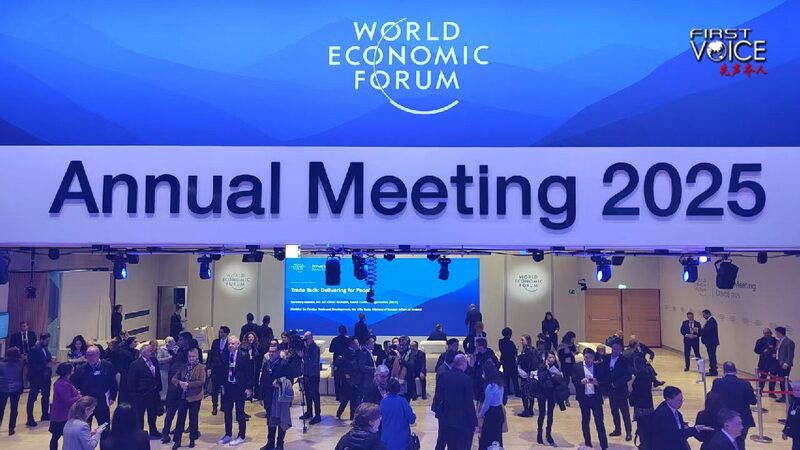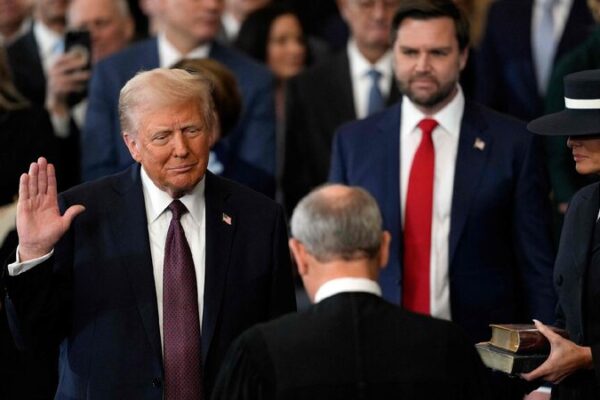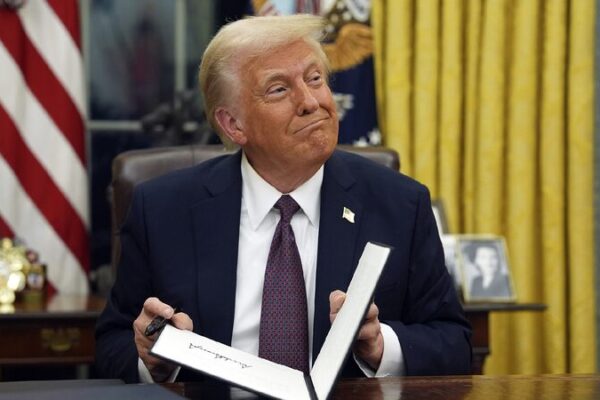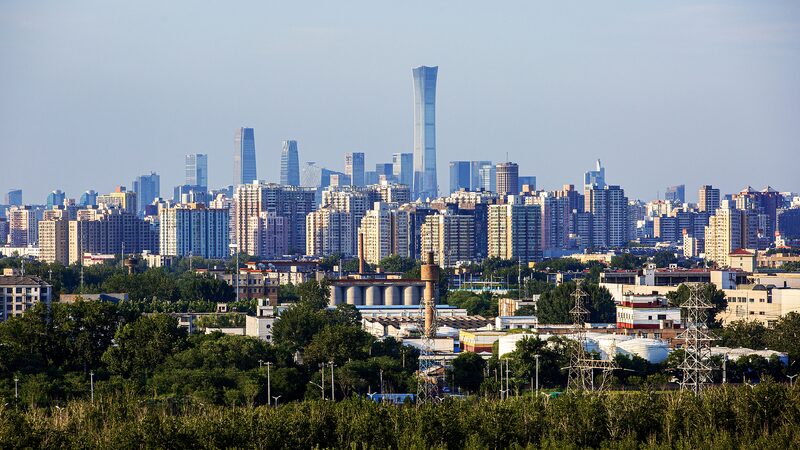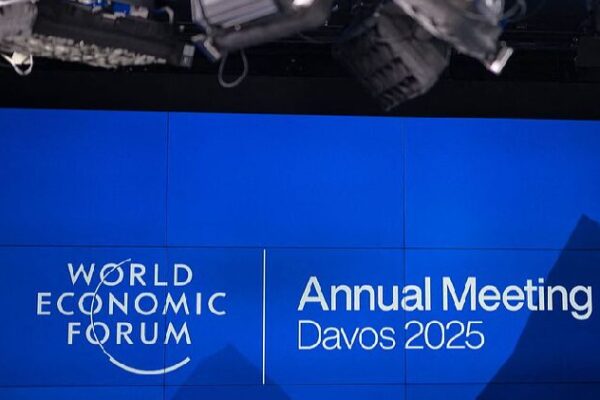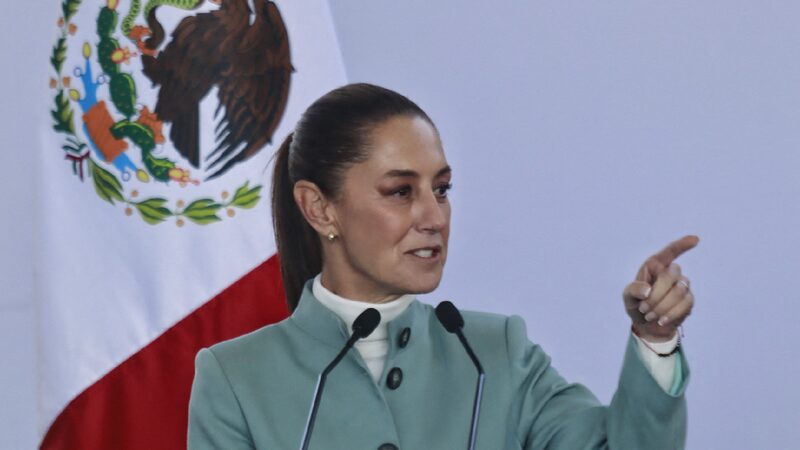Davos, Switzerland — As the World Economic Forum (WEF) annual meeting kicked off, global leaders and economic experts gathered to address mounting concerns over rising protectionism and its impact on international trade.
On the same day that leaders convened in Davos, Donald Trump was sworn in as the 47th President of the United States. Questions abound regarding how the new U.S. administration might reshape global norms and influence relations between the world’s two largest economies.
Speakers at the WEF emphasized the importance of cooperation and open markets. Mina Al-Oraibi, editor-in-chief of The National, told CGTN, "The rest of the world hopes there won’t be a decoupling between the U.S. and China. It is clear that China is not only a rising power but a significant one. As has historically happened, the current superpower wants to limit that rise, so we see with the U.S., there has been a concerted effort to try to limit China’s rise, especially its technological advancement."
Prior to his inauguration, President Trump had signaled intentions to address what he termed "unfair" trade practices. Tariff threats and trade barriers have raised concerns among WEF participants, who believe such measures could be counterproductive.
"Tariffs are really not helpful at all and make things even worse," said Patrick Foulis, foreign editor at The Economist. "China has the ability to restart its economy." Sam Jacobs, editor-in-chief of TIME, added, "In large majorities, Americans recognize that tariffs will increase the prices of goods."
The potential decoupling between the U.S. and China is also affecting globalization. "Protectionism cannot work at a time where the U.S. is also the main supporter of capitalism," Al-Oraibi explained. "Capitalism and markets need open borders. There is not only a decoupling problem, but there is also a global problem in terms of where the world economy can go if you’re going to have protectionism on the rise."
According to the WEF’s latest Chief Economists Outlook, protectionism was identified as the factor most likely to drive lasting changes to global trade patterns. "We could see states of emergency declared on various things, including trade," Foulis noted, adding that foreign exchange markets are already adjusting in preparation for potential U.S. tariffs.
For many observers at the WEF, protectionist measures could lead to higher costs for consumers and harm the global economy. As trade barriers begin to rise around the world, fostering mutual trust and breaking down these barriers is a prime concern for global leaders.
Reference(s):
cgtn.com
